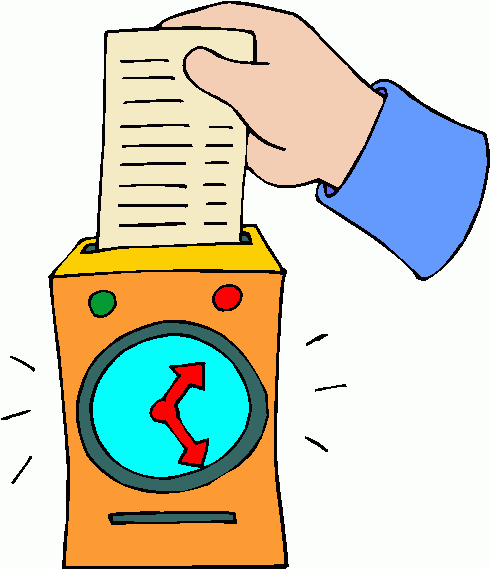
The Greeks are some of the most hardworking in the advanced economies, putting in over 2,000 hours a year on average. Germans, on the other hand, are comparative slackers, working about 1,400 hours each year. But German productivity is about 70% higher. [Source: The Economist online, 9/24/13]
A reader of mine writes, “I suspect that reducing my work day down to about 4 hours might make me more productive. The reason? If I only have 4 hours then I must be very productive to get work done. I might try that next week and see what happens.”
I’ve heard similar things from retired people. “I fear running out of things to do,” newly retired people sometimes tell me. “As a result, I procrastinate. I drag out things and are, in fact, less efficient about doing them.”
Many people claim, “I work better under pressure.” Even highly self-motivated and self-disciplined people observe that they perform more efficiently under a deadline of some kind.
What gives?
I think that the answer here is focus. Thinking requires focus. The more focused you are on a given subject or task, the better you’ll do with it. Deadlines and things of that nature enhance focus, and focus is a requirement of good thinking and efficient action.
It’s not that working fewer hours is automatically and always better than working more hours. However, the amount of time you put aside for a particular activity must be realistic. If you try to do three hours worth of work in one hour, you won’t be efficient. Similarly, if you try to do three hours worth of work over six hours, your efficiency will suffer, as well.
Perhaps what’s happening in Germany, compared to Greece, is that people are being more realistic about how much to accomplish in what time frame. As a result, there’s greater focus and clarity in what gets done. Also as a result, there’s time left over, either for more leisure and recreation, or more work tasks, depending on one’s requirements and choices.
We hear a lot about “attention deficits” today. It’s taken for granted that attentional focus is exclusively a product of the brain’s chemical make-up. But attention deficits are relatively new to the last generation or so. Why are these deficits rampant today, while nonexistent in the past?
The issue causing attention deficits I most frequently hear about is distractibility. “Instead of focusing on my task, I spend time surfing the Internet, or answering emails and texts that can wait.” Or, “I waste time on Facebook.”
In today’s world, compared to 20, 30 or 50 years ago, there are many more distractions than before. If you’re like the Germans (according to this study), then you’re better about focusing on the necessary tasks in the time allowed for them. If you’re like the Greeks, you’ll become distracted by all manner of things, and despite sitting at your “work station” twice as long, you’ll get even less done.
If pills could solve everything in this area, that would be great. That has not been the experience of people I counsel, not for the most part.
The best solution I know of is setting up appointments to get certain tasks done, and keeping those appointments. The best principle I ever heard in this context was, “Make appointments with yourself—and keep them.”
Most of us take our appointments with our doctors, dentists, hair cutters, and other professionals seriously. Or an appointment for a job interview. We endeavor, out of courtesy as well as self-preservation, to keep these appointments and be on time. During these appointments, you probably don’t start reading your emails and texts, or start surfing the Internet. Aside from being rude, you’d thwart your own efforts to get the necessary business done, business which requires another’s time.
Imagine what would happen if you made appointments with yourself to get certain work or school tasks done, and you trained yourself to keep those appointments. People have asked me how I completed my psychology doctoral program in three years, when other doctoral candidates and students in the program took five to ten years. They also ask me how I write so much while still having a client practice and a personal life. To my knowledge, this is the answer. If it works for me, I bet it can work for you too. No pills or psychiatric disease label excuses. Simply a commitment to treat your own appointments with yourself as seriously as you treat similar appointments with others.
How well you focus depends, in great measure, on how much you value and respect your own life’s endeavors and time.
